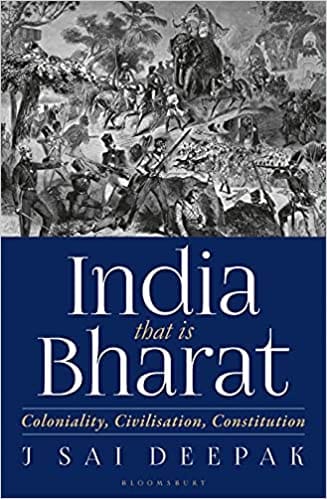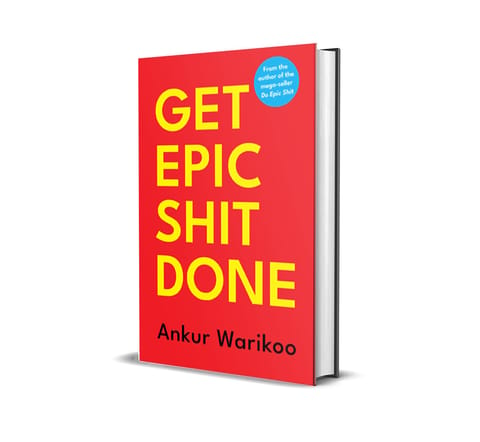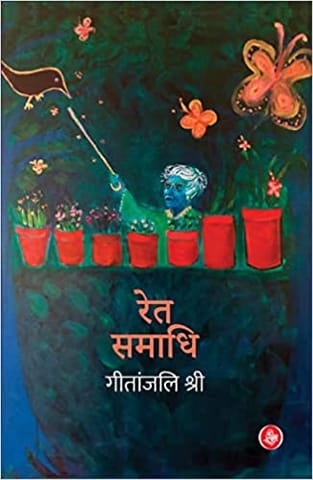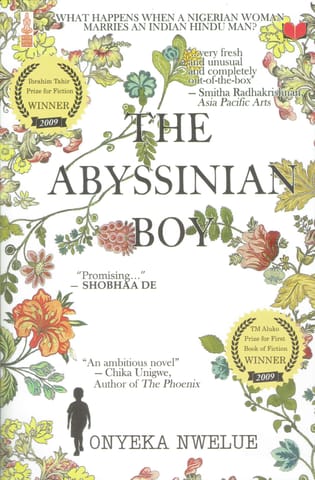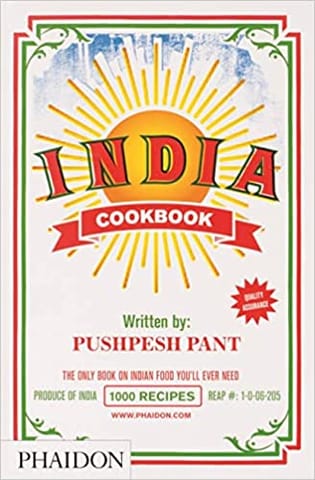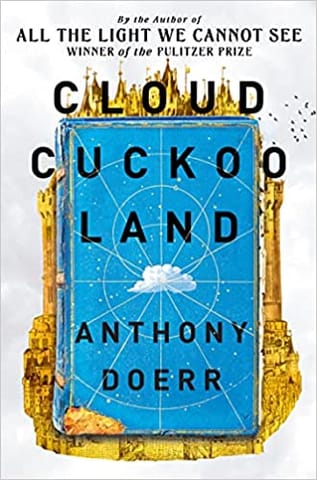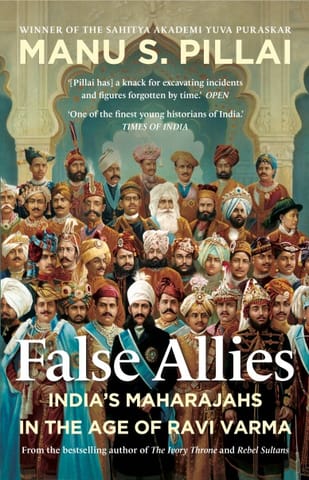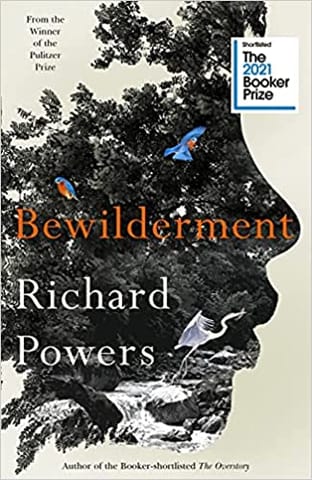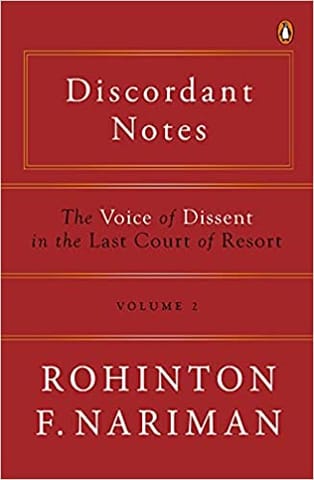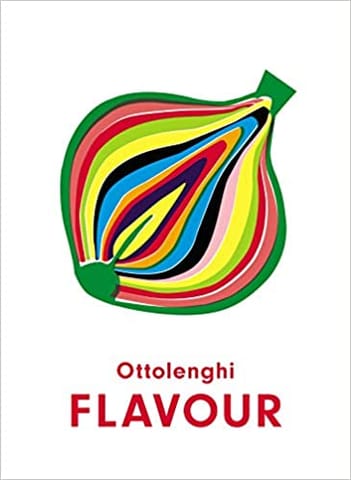- Contemporary Fiction
- Contemporary Fiction
- Children
- Children
- Comics & Graphic Novels
- Comics & Graphic Novels
- Non-Fiction
- Non-Fiction
- Fiction
- Fiction
India, That Is Bharat, the first book of a comprehensive trilogy, explores the influence of European 'colonial consciousness' (or 'coloniality'), in particular its religious and racial roots, on Bharat as the successor state to the Indic civilisation and the origins of the Indian Constitution. It lays the foundation for its sequels by covering the period between the Age of Discovery, marked by Christopher Columbus' expedition in 1492, and the reshaping of Bharat through a British-made constitution-the Government of India Act of 1919. This includes international developments leading to the founding of the League of Nations by Western powers that tangibly impacted this journey.
Further, this work also traces the origins of seemingly universal constructs such as 'toleration', 'secularism' and 'humanism' to Christian political theology. Their subsequent role in subverting the indigenous Indic consciousness through a secularised and universalised Reformation, that is, constitutionalism, is examined. It also puts forth the concept of Middle Eastern coloniality, which preceded its European variant and allies with it in the context of Bharat to advance their shared antipathy towards the Indic worldview. In order to liberate Bharat's distinctive indigeneity, 'decoloniality' is presented as a civilisational imperative in the spheres of nature, religion, culture, history, education, language and, crucially, in the realm of constitutionalism.
Review
J. Sai Deepak has begun something here that needs serious attention. It also suggests that significant support is required to develop its proposals further in directions not yet explored. I hope the book will be read and debated widely, especially in and for the sake of the 'India that is Bharat'. ― Dr. Prakash Shah Reader in Culture and Law, Queen Mary, University of London
Through this magisterial trilogy, advocate and scholar J. Sai Deepak successfully fills a huge vacuum in the corpus of decolonial scholarship from a uniquely empathetic Indian perspective. In a masterful manner, Sai Deepak traces the global history of colonialism, India's unfortunate tryst with it and, importantly, inquires its impact on the emergence of a colonial consciousness. A must-read tribute to the Indic civilisation for anyone serious about understanding the pernicious trajectory of invasive colonialism and the lingering colonial consciousness in the 'independent' Indian (or should we term this as he does, Bharateeya) mind, and how to consciously work towards reversing it. ― Dr. Vikram Sampath Historian, Author and Adjunct Senior Research Fellow at Monash University
Advocate J. Sai Deepak has provided India with a milestone: a step from superficial to integral decolonization. Few combine the vision of a civilisational liberation, easy to invoke in malleable cultural respects, with the exacting juridical knowledge needed for a precise and workable paradigm shift deconstructing this lingering submission. ― Dr. Koenraad Elst Scholar and Author of Decolonizing the Hindu Mind
The wealth of evidence the author marshals in support of his arguments is truly impressive and reflects the rigour of his study. I have no doubt that India that is Bharat will be a welcome addition to the nascent corpus of literature in this specialist field. That it has emerged from India is a bonus.I wish the book and its author all the success in getting the recognition it deserves. ― Sandeep Balakrishna Scholar and Author of Invaders and Infidels
The book is a must-read for everyone who is interested in understanding the relationship between the consciousness of the world's oldest surviving indigenous civilisation and the Constitution of the world's largest democracy. ― Prof. Lavanya Vemsani Professor of History, Shawnee State University, and Editor-in-Chief, American Journal of Indic Studies
Book Description
About the Author
- Home
- Best Sellers
- India that is Bharat: Coloniality, Civilisation, Constitution
India that is Bharat: Coloniality, Civilisation, Constitution
SIZE GUIDE
- ISBN: 9789354352492
- Author: J Sai Deepak
- Publisher: Bloomsbury India
- Pages: 484
- Format: Hardback
Book Description
India, That Is Bharat, the first book of a comprehensive trilogy, explores the influence of European 'colonial consciousness' (or 'coloniality'), in particular its religious and racial roots, on Bharat as the successor state to the Indic civilisation and the origins of the Indian Constitution. It lays the foundation for its sequels by covering the period between the Age of Discovery, marked by Christopher Columbus' expedition in 1492, and the reshaping of Bharat through a British-made constitution-the Government of India Act of 1919. This includes international developments leading to the founding of the League of Nations by Western powers that tangibly impacted this journey.
Further, this work also traces the origins of seemingly universal constructs such as 'toleration', 'secularism' and 'humanism' to Christian political theology. Their subsequent role in subverting the indigenous Indic consciousness through a secularised and universalised Reformation, that is, constitutionalism, is examined. It also puts forth the concept of Middle Eastern coloniality, which preceded its European variant and allies with it in the context of Bharat to advance their shared antipathy towards the Indic worldview. In order to liberate Bharat's distinctive indigeneity, 'decoloniality' is presented as a civilisational imperative in the spheres of nature, religion, culture, history, education, language and, crucially, in the realm of constitutionalism.
Review
J. Sai Deepak has begun something here that needs serious attention. It also suggests that significant support is required to develop its proposals further in directions not yet explored. I hope the book will be read and debated widely, especially in and for the sake of the 'India that is Bharat'. ― Dr. Prakash Shah Reader in Culture and Law, Queen Mary, University of London
Through this magisterial trilogy, advocate and scholar J. Sai Deepak successfully fills a huge vacuum in the corpus of decolonial scholarship from a uniquely empathetic Indian perspective. In a masterful manner, Sai Deepak traces the global history of colonialism, India's unfortunate tryst with it and, importantly, inquires its impact on the emergence of a colonial consciousness. A must-read tribute to the Indic civilisation for anyone serious about understanding the pernicious trajectory of invasive colonialism and the lingering colonial consciousness in the 'independent' Indian (or should we term this as he does, Bharateeya) mind, and how to consciously work towards reversing it. ― Dr. Vikram Sampath Historian, Author and Adjunct Senior Research Fellow at Monash University
Advocate J. Sai Deepak has provided India with a milestone: a step from superficial to integral decolonization. Few combine the vision of a civilisational liberation, easy to invoke in malleable cultural respects, with the exacting juridical knowledge needed for a precise and workable paradigm shift deconstructing this lingering submission. ― Dr. Koenraad Elst Scholar and Author of Decolonizing the Hindu Mind
The wealth of evidence the author marshals in support of his arguments is truly impressive and reflects the rigour of his study. I have no doubt that India that is Bharat will be a welcome addition to the nascent corpus of literature in this specialist field. That it has emerged from India is a bonus.I wish the book and its author all the success in getting the recognition it deserves. ― Sandeep Balakrishna Scholar and Author of Invaders and Infidels
The book is a must-read for everyone who is interested in understanding the relationship between the consciousness of the world's oldest surviving indigenous civilisation and the Constitution of the world's largest democracy. ― Prof. Lavanya Vemsani Professor of History, Shawnee State University, and Editor-in-Chief, American Journal of Indic Studies
Book Description
About the Author
User reviews
NEWSLETTER
Subscribe to get Email Updates!
Thanks for subscribing.
Your response has been recorded.

India's Iconic & Independent Book Store offering a vast selection of books across a variety of genres Since 1978.
"We Believe In The Power of Books" Our mission is to make books accessible to everyone, and to cultivate a culture of reading and learning. We strive to provide a wide range of books, from classic literature, sci-fi and fantasy, to graphic novels, biographies and self-help books, so that everyone can find something to read.
Whether you’re looking for your next great read, a gift for someone special, or just browsing, Midland is here to make your book-buying experience easy and enjoyable.
We are shipping pan India and across the world.
For Bulk Order / Corporate Gifting
 +91 9818282497 |
+91 9818282497 |  [email protected]
[email protected]
Click To Know More
INFORMATION
QUICK LINKS
ADDRESS
Shop No.20, Aurobindo Palace Market, Near Church, New Delhi

